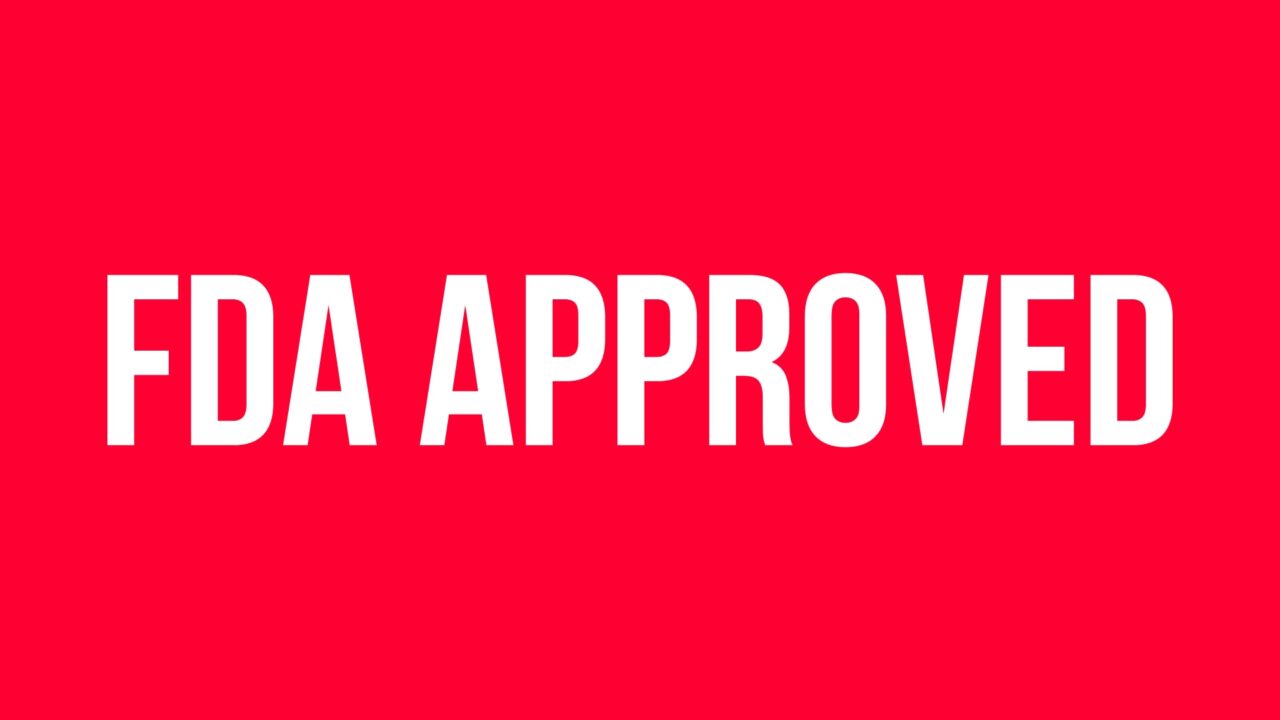FDA Oncology Center of Excellence shared on X (Twitter):
“On March 19, 2024, the Food and Drug Administration granted accelerated approval to ponatinib (Iclusig, Takeda Pharmaceuticals U.S.A., Inc.) with chemotherapy for adult patients with newly diagnosed Philadelphia chromosome-positive acute lymphoblastic leukemia (Ph+ ALL).”
For more information: https://www.fda.gov/drugs/resources-information-approved-drugs/fda-grants-accelerated-approval-ponatinib-chemotherapy-newly-diagnosed-philadelphia-chromosome
Full prescribing information for Iclusig.
Efficacy was evaluated in PhALLCON (NCT03589326), a randomized, active-controlled, multicenter, open-label trial of 245 adult patients with newly diagnosed Ph+ ALL. Patients were randomized (2:1) to receive either ponatinib 30 mg orally once daily or imatinib 600 mg orally once daily with chemotherapy (imatinib with chemotherapy is an unapproved regimen). Chemotherapy consisted of 3 cycles of induction with vincristine and dexamethasone, 6 cycles of consolidation alternating between methotrexate and cytarabine, and 11 cycles of maintenance with vincristine and prednisone. The ponatinib dose was reduced to 15 mg once daily after completion of the induction phase and achievement of minimal residual disease (MRD)-negative complete remission (CR).
Efficacy was based on the MRD-negative CR rate at the end of induction. The MRD-negative CR rate at the end of induction was 30% in the ponatinib arm and 12% in the imatinib arm (Risk difference 0.18 [95% CI: 0.08, 0.28], p-value 0.0004).
The most common adverse reactions were hepatic dysfunction, arthralgia, rash and related conditions, headache, pyrexia, abdominal pain, constipation, fatigue, nausea, oral mucositis, hypertension, pancreatitis/elevated lipase, peripheral neuropathy, hemorrhage, febrile neutropenia, fluid retention and edema, vomiting, paresthesia, and cardiac arrhythmias.
The recommended ponatinib dose is 30 mg orally once daily with a reduction to 15 mg orally once daily upon achievement of MRD-negative CR at the end of induction. Continue ponatinib with chemotherapy for up to 20 cycles until loss of response or unacceptable toxicity. For a description of dosing agents administered with ponatinib, see the prescribing information.”
Sources: US Food and Drug Administration (FDA) website and X (Twitter)


